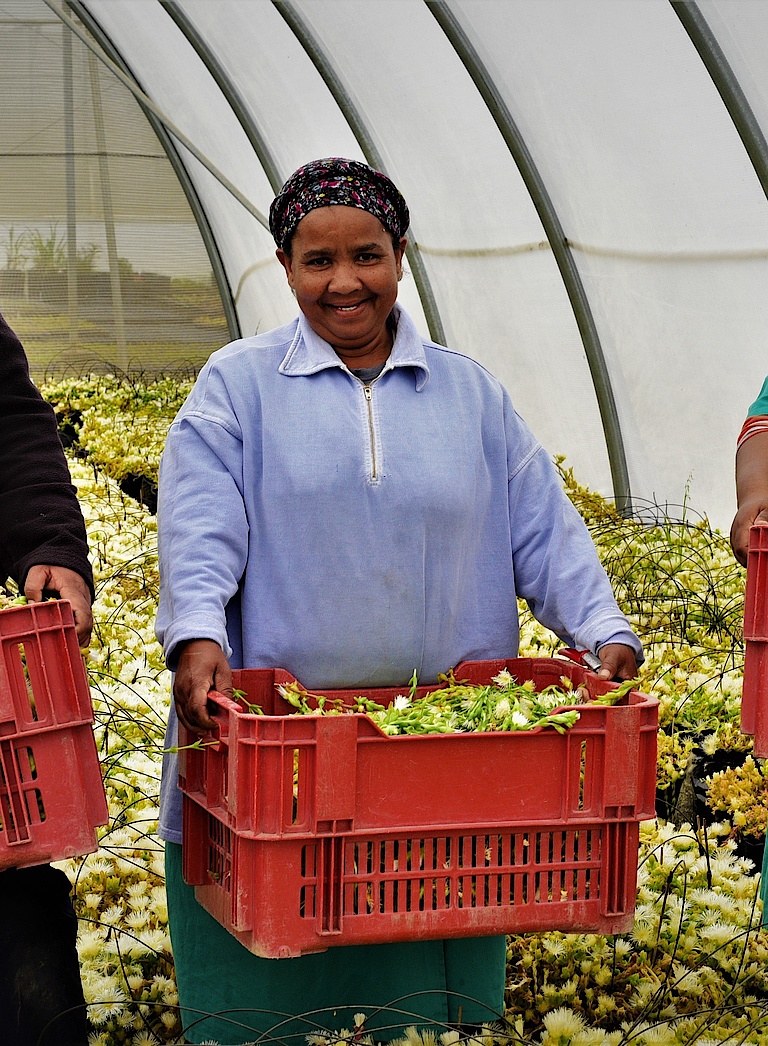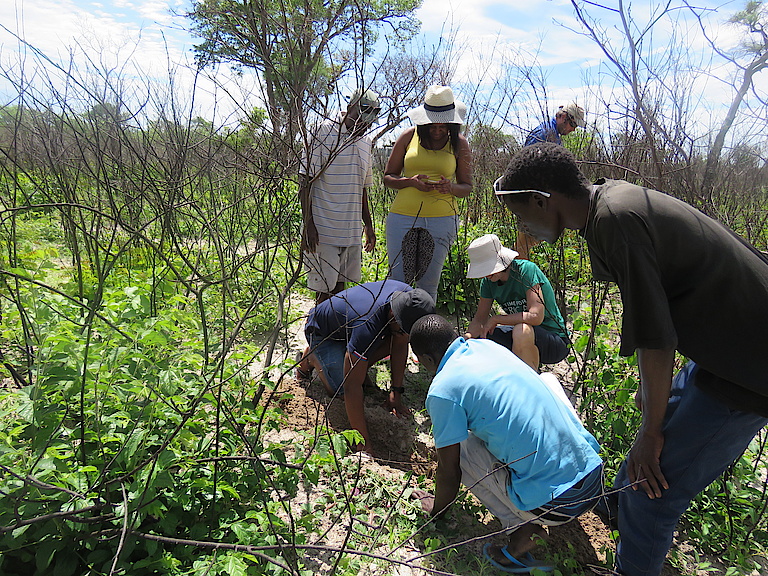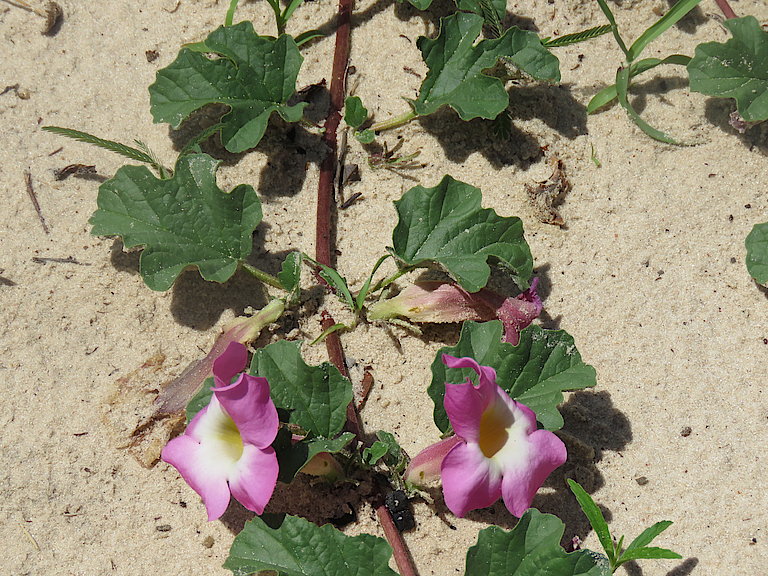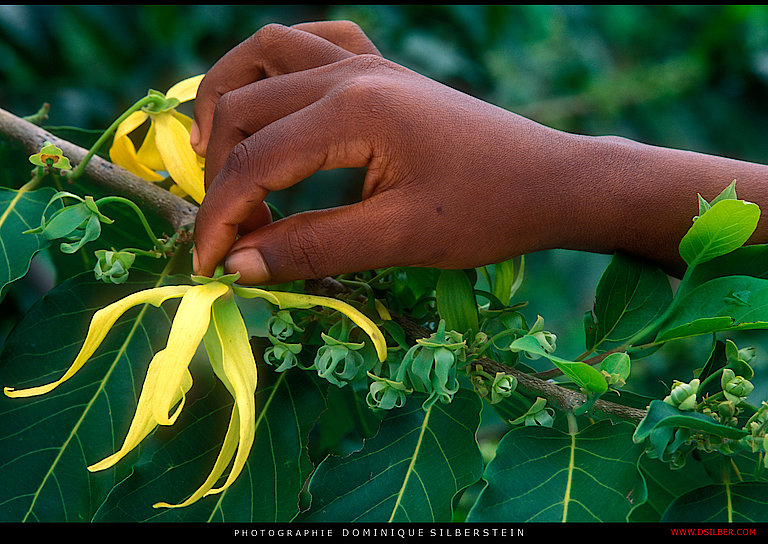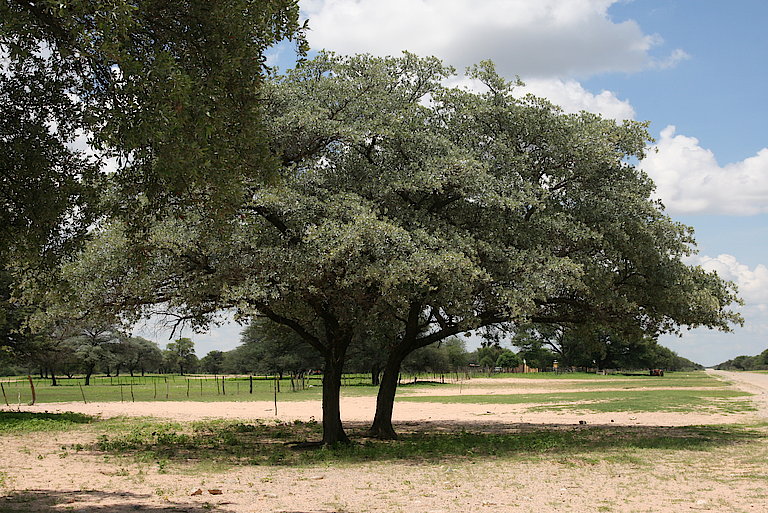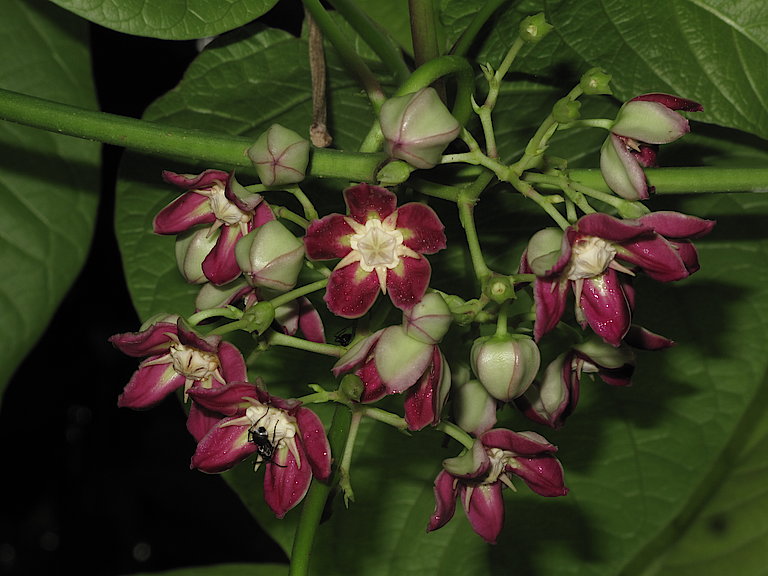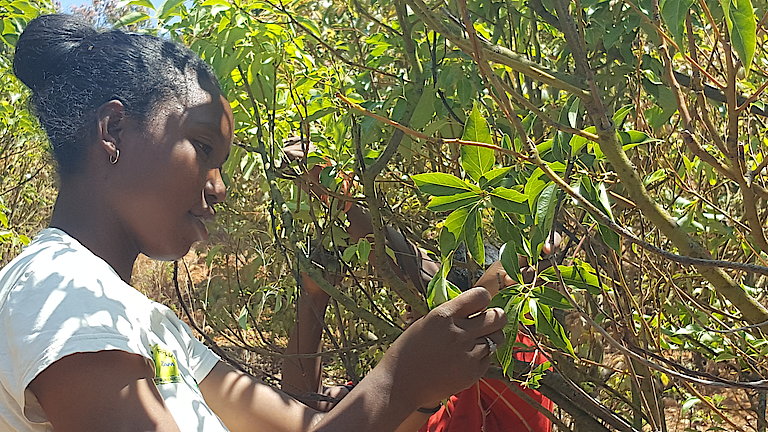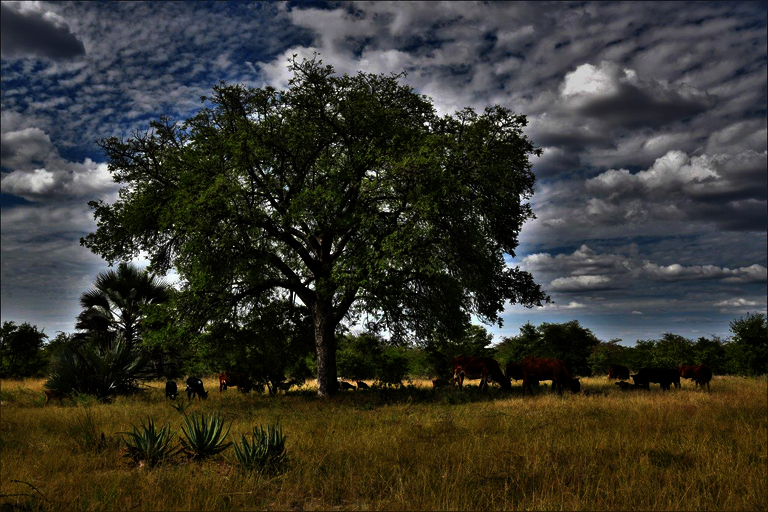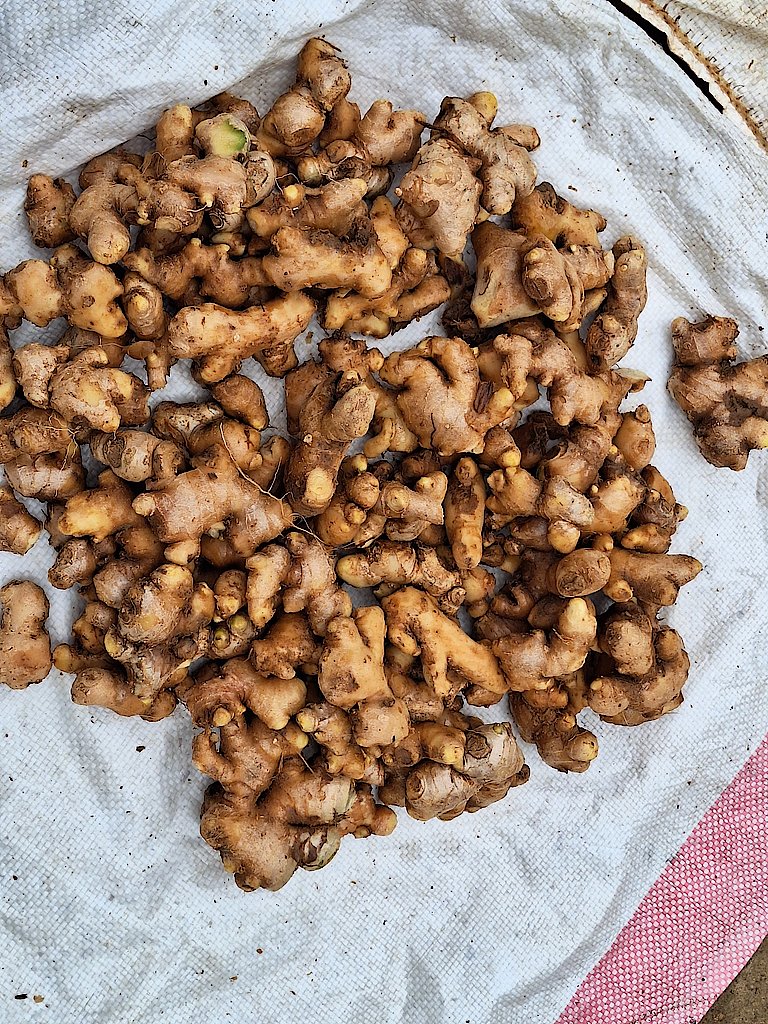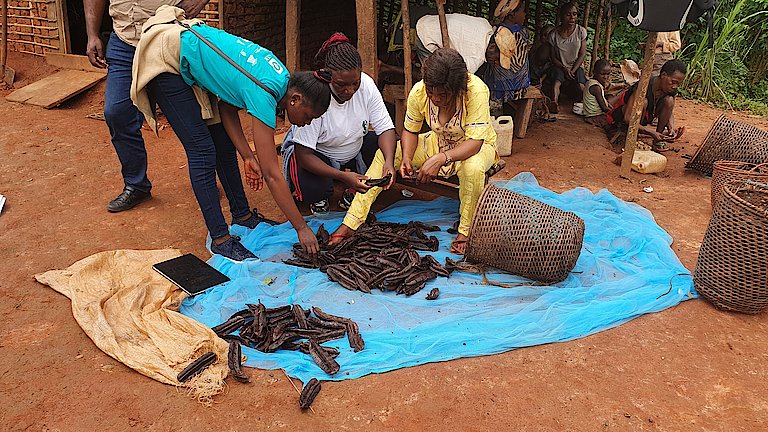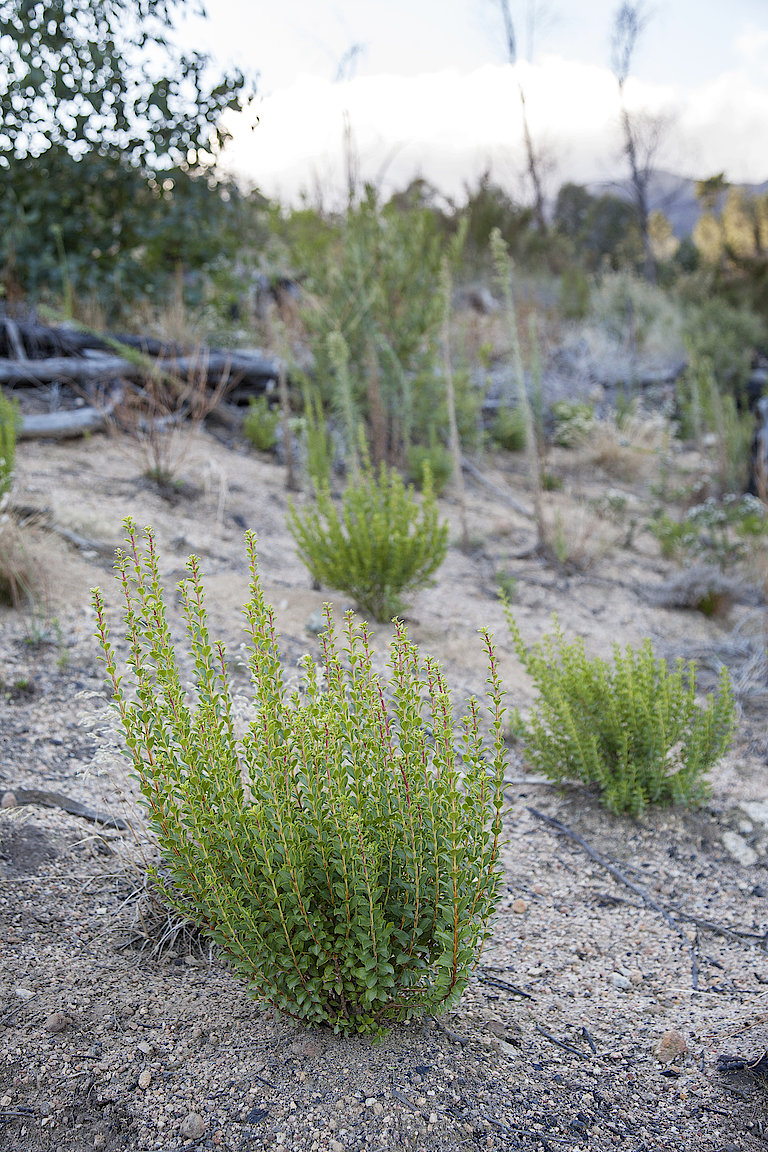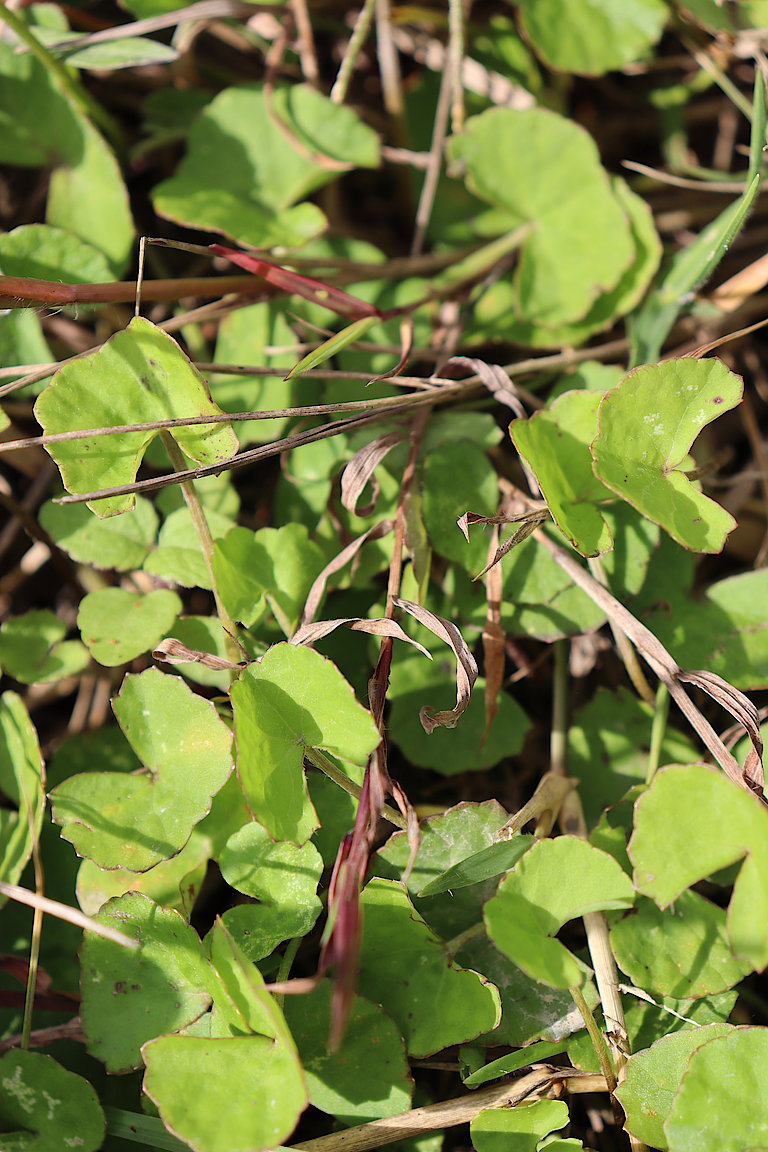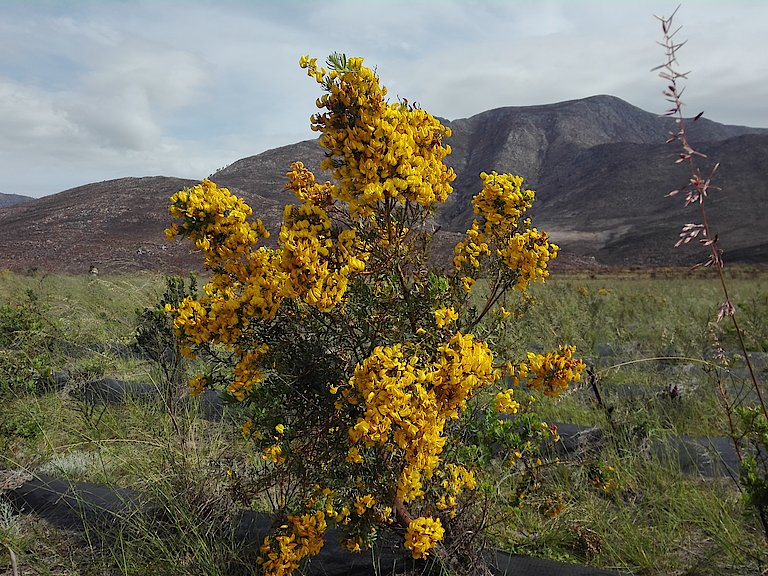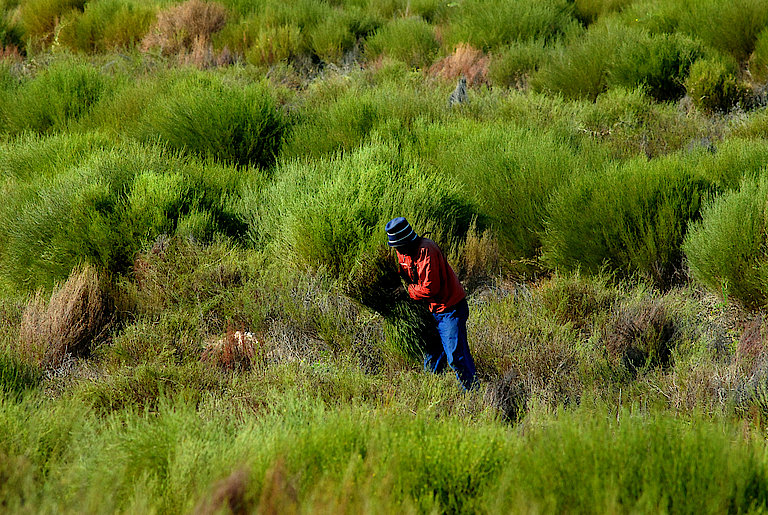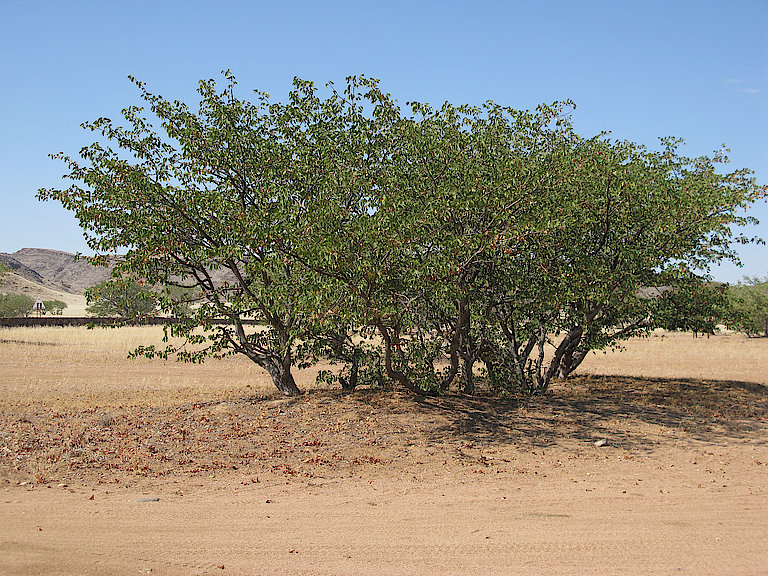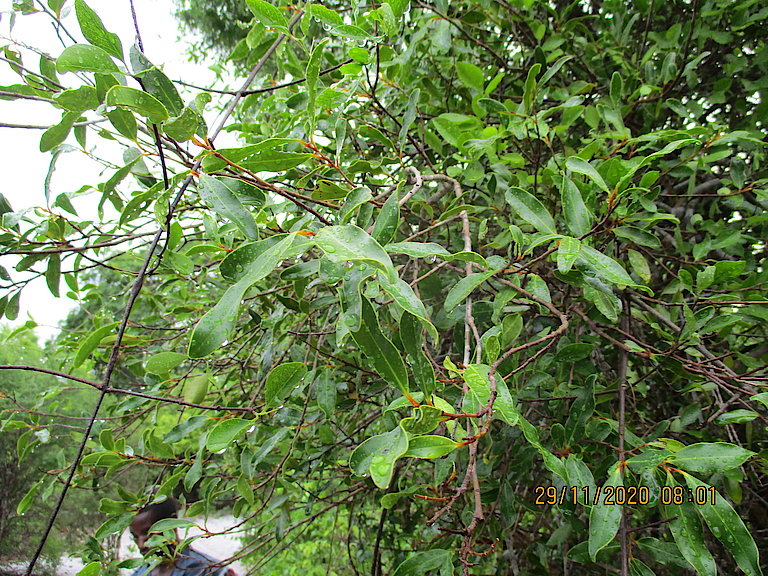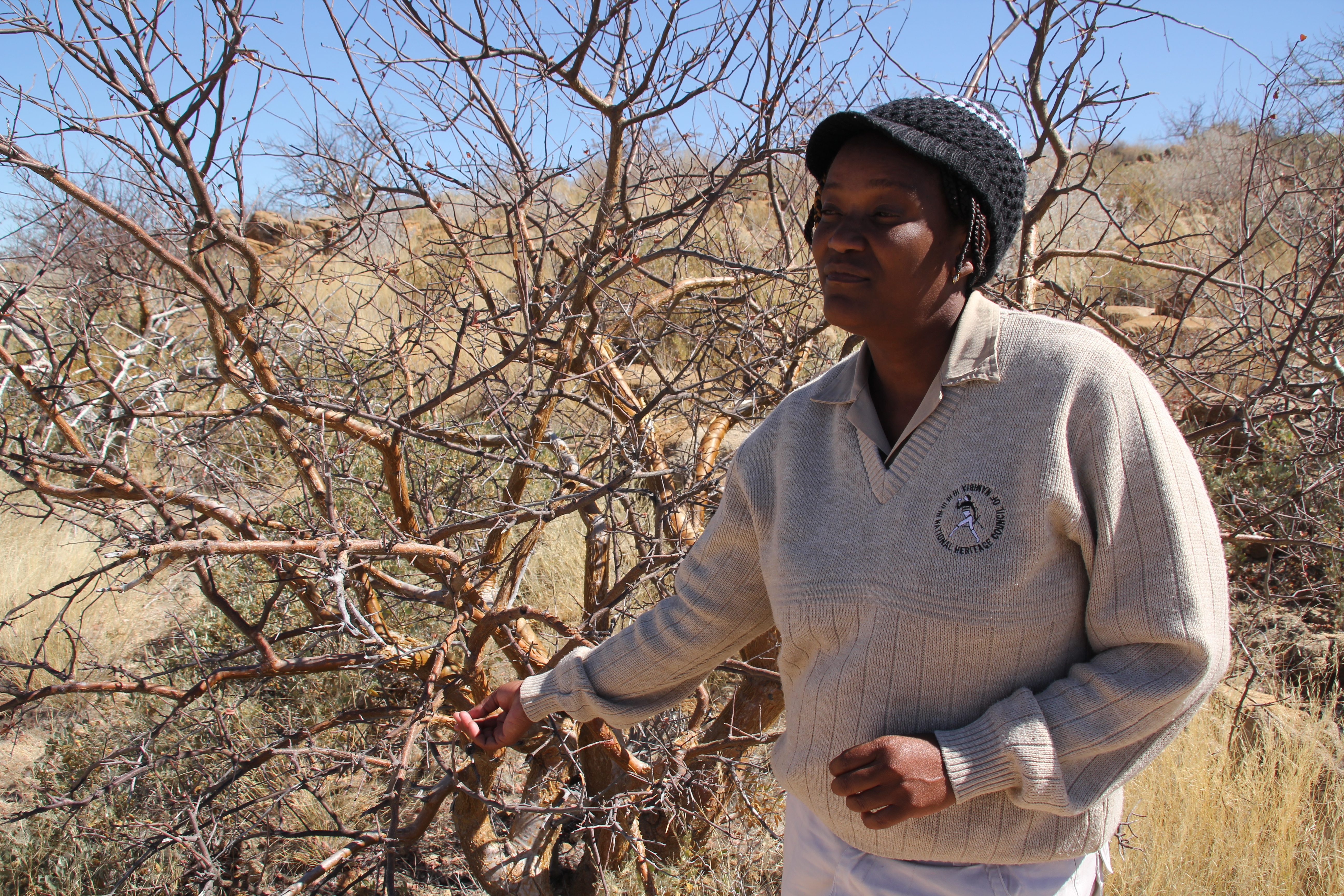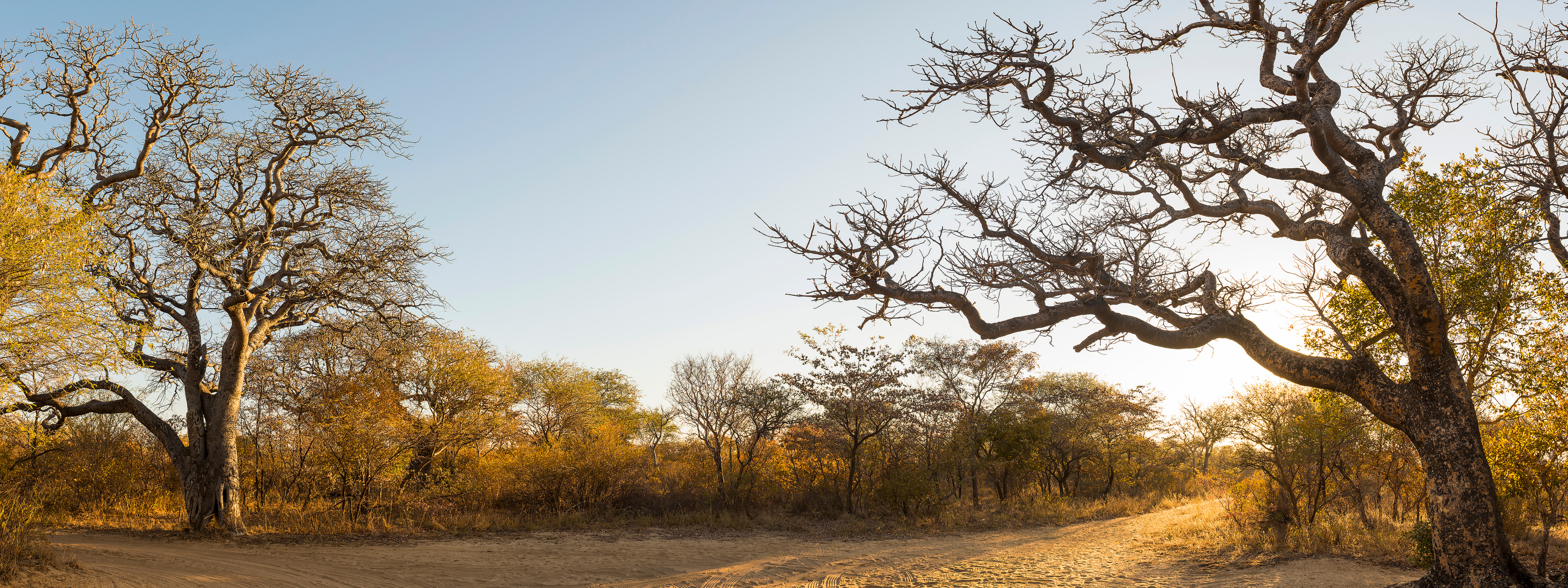Project phase
July 2019 - December 2022 (phase I)
January 2023 - December 2025 (phase II)
Focus
- Promote European-African business partnerships for biodiversity conservation and local development
- Support to set up and upscale ABS-compliant value chains respecting the UNCTAD BioTrade Principles
- Close collaboration with the multi-donor ABS Capacity Development Initiative and the ABS Compliant Biotrade in South(ern) Africa project implemented by GIZ
Objectives
- The European-African partnerships for biodiversity-based innovations and products are strengthened with equitable benefit-sharing for conservation and sustainable use of biodiversity.
- The private sector entered into sustainable and mutually beneficial business partnerships based on high ethical, social and environmental standards.
- Improved and new (rural) jobs are created and knowledge and technology transfer to the African provider countries are promoted.
Expected outcomes and impacts
- Selected biodiversity-based, African-European value chains in the partner countries have been further developed with regards to national and international market requirements.
- Capacities to promote biodiversity-based VCs and to reduce market barriers are strengthened at national level in the partner countries including the operationalization of ABS.
- In biodiversity-based VCs, biodiversity conservation and the involvement of the local population in benefit-sharing agreements has been improved.
- German development cooperation is visible as a close partner.
Geographical scope
Target groups
Local producers, harvesters and collectors in rural communities, such as cooperatives (as ‘providers’ of biodiversity), African small, medium and micro-enterprises (SMMEs), local and regional processors and research institutions.
Partners
BioInnovation Africa cooperates with partners from the political, institutional and private sector.
Cameroon: Ministry of Environment, Nature Protection and Sustainable Development (MINEPDED)
Madagascar: Ministry of Environment and Sustainable Development (MEDD)
Namibia: Department of Environmental Affairs (DEA) under the Ministry of Environment, Forestry and Tourism (MEFT)
South Africa: Department of Forestry, Fisheries and the Environment (DFFE)
Phase II
- Aldivia
- Bio.es.oil of Madagascar
- Blue Sky Botanics (BSB)
- Buchu Association
- Commonland
- Dicot AB
- Eudafano Women’s Co-operative Ltd. (EWC)
- Eudafano Women Marula Manufacturing Pty Ltd. (EWMM)
- Floribis Sarl
- GIC Guide d’Espoir (GE)
- Givaudan Naturals France
- Grounded Ingredients B.V.
- Grounded Management South Africa
- International Fragrance Association (IFRA)
- International Organization of the Flavour Industry (IOFI)
- Jacaradas International
- MartinBauer
- Namibia Nature Foundation (NNF)
- Norevo GmbH
- Parceval Pty Ltd.
- Simon Levelt B.V.
- South African Association of the Flavour & Fragrance Industry (SAAFFI)
- South African Rooibos Council (SARC)
- The Body Shop International Ltd.
- The Gustav Heess Group
- The Namibian Devil’s Claw Exporters Association Trust (NDCEAT)
- The Namibia Network of the Cosmetics Industry (NANCi)
- Union for Ethical BioTrade (UEBT)
- V. Mane Fils
- Weleda AG
Phase I
- Aldivia
- Aroma Forest
- Behave
- Blue Sky Botanics
- Centre for Research Information Action in Africa – Southern Africa Development and Consulting (CRIAA SA-DC)
- Dicot
- Eudafano Women’s Cooperative (EWC)
- Floribis
- Firmenich
- Greater Sekhukhune Region Secondary Co-operative (GSRC)
- Guide d’Espoir
- Gustav Heess Group
- HERBS-APLENTY
- Honeybush Community of Practice (HCoP)
- International Fragrance Association (IFRA)
- International Organization of the Flavor Industry (IOFI)
- Integrated Rural Development and Nature Conservation (IRDNC)
- Kambaku Energy
- KAZA Natural Oils
- Kruger to Canyons Biosphere Region Non Profit Company (K2C)
- Kunene Conservancies Indigenous Natural Products Trust (KCINPT)
- L’Oréal
- Martin Bauer Group
- Namibia Nature Foundation
- Namibia Network of the Cosmetics industry (NANCi)
- National Devil’s Claw Export Association Trust (NDCEAT)
- Naturex
- Regenerative Essence
- Parceval
- SEED Namibia
- Seppic / SERDEX
- South African Association of the Flavour & Fragrance Industry (SAAFFI),
- South African Rooibos Council (SARC)
- Southern African Essential Oil Producers’ Association (SAEOPA)
- Symrise AG
- The Body Shop
- The Western Cape Nature Conservation Board t/a CapeNature
- Tropical Forest Products
- V. Mane Fils
- Weleda

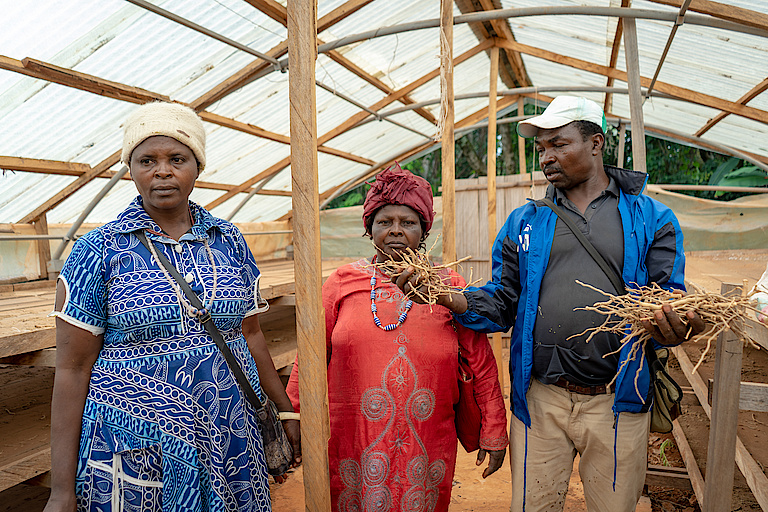
Value Chains supported by BioInnovation Africa:
Commissioned and funded by the German Federal Ministry for Economic Cooperation and Development (BMZ) and implemented by the Deutsche Gesellschaft für Internationale Zusammenarbeit (GIZ) GmbH.
